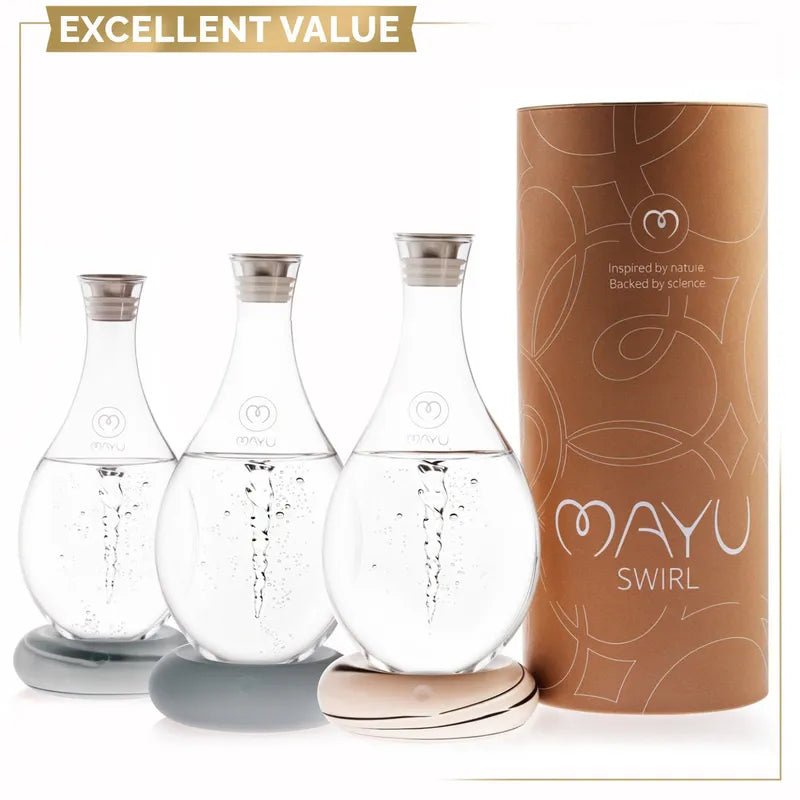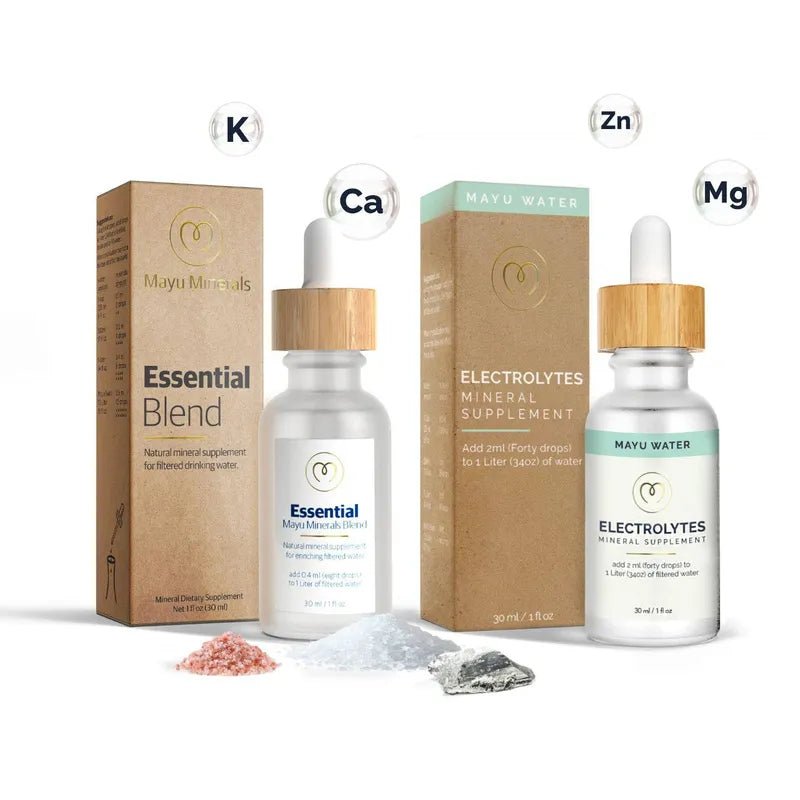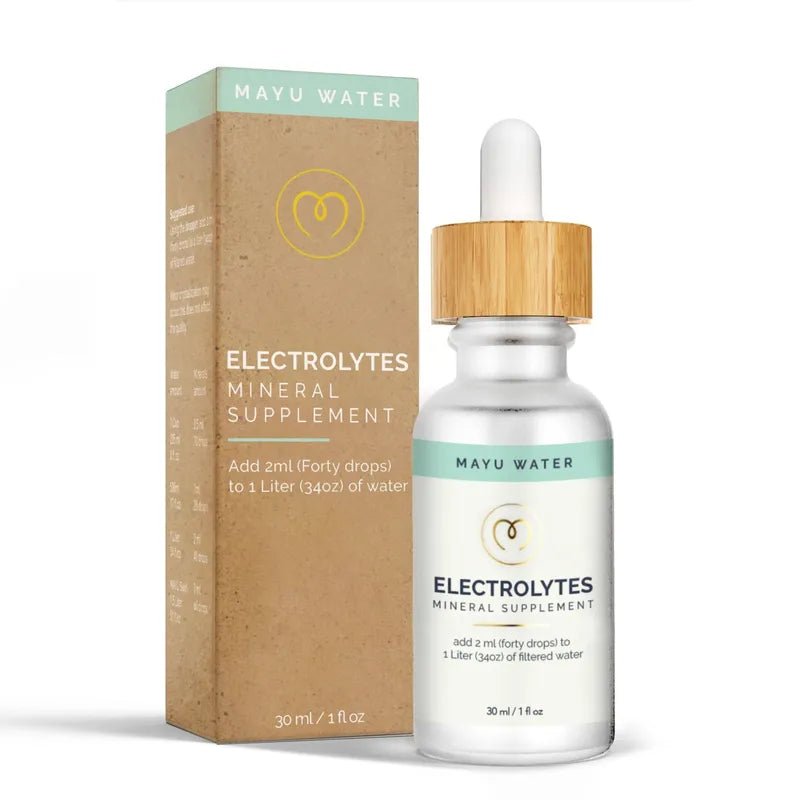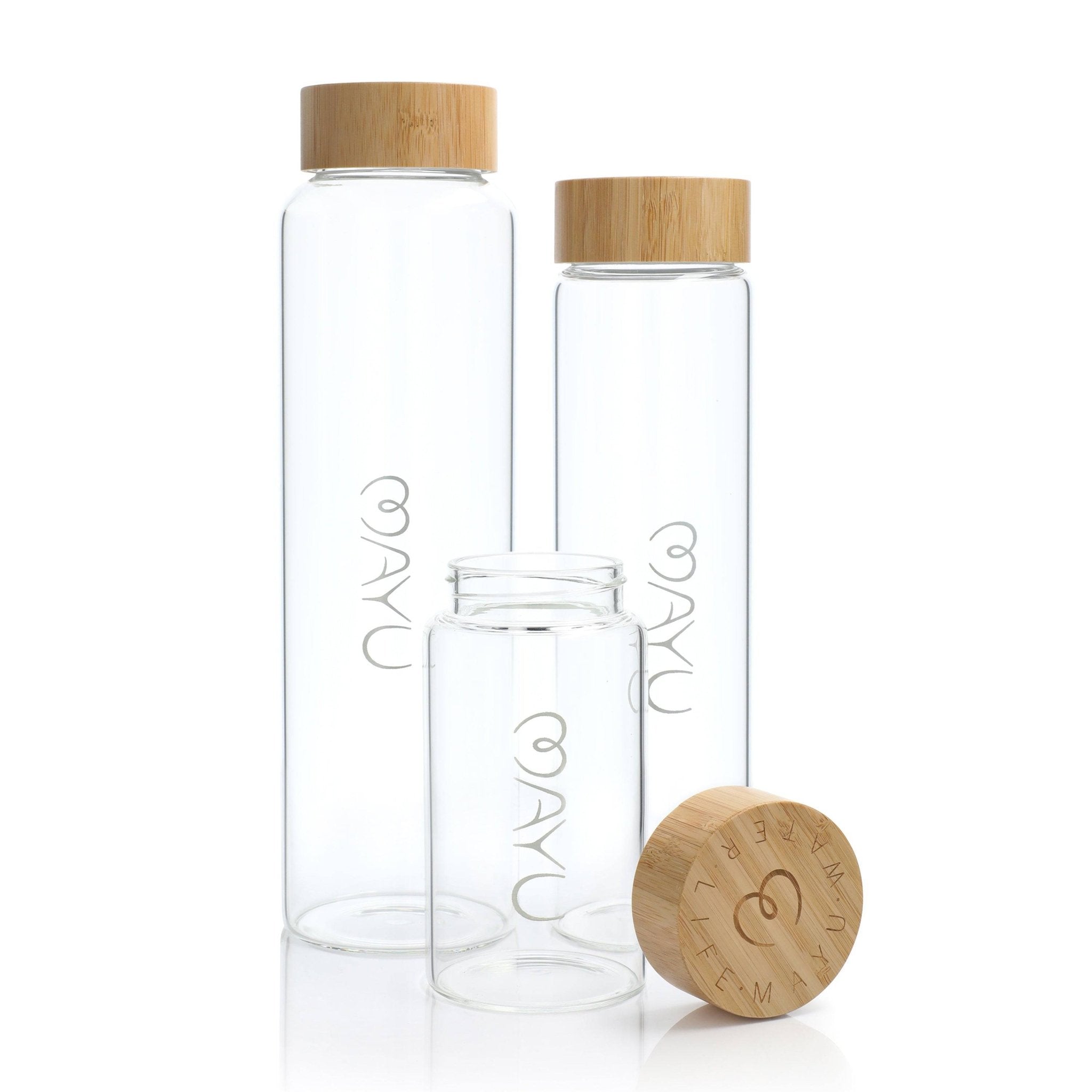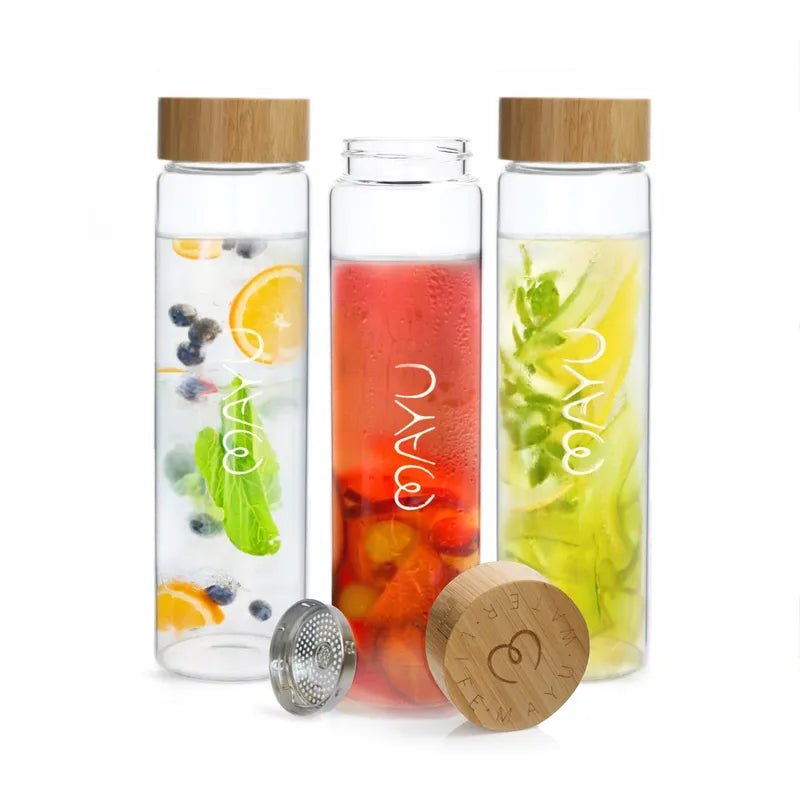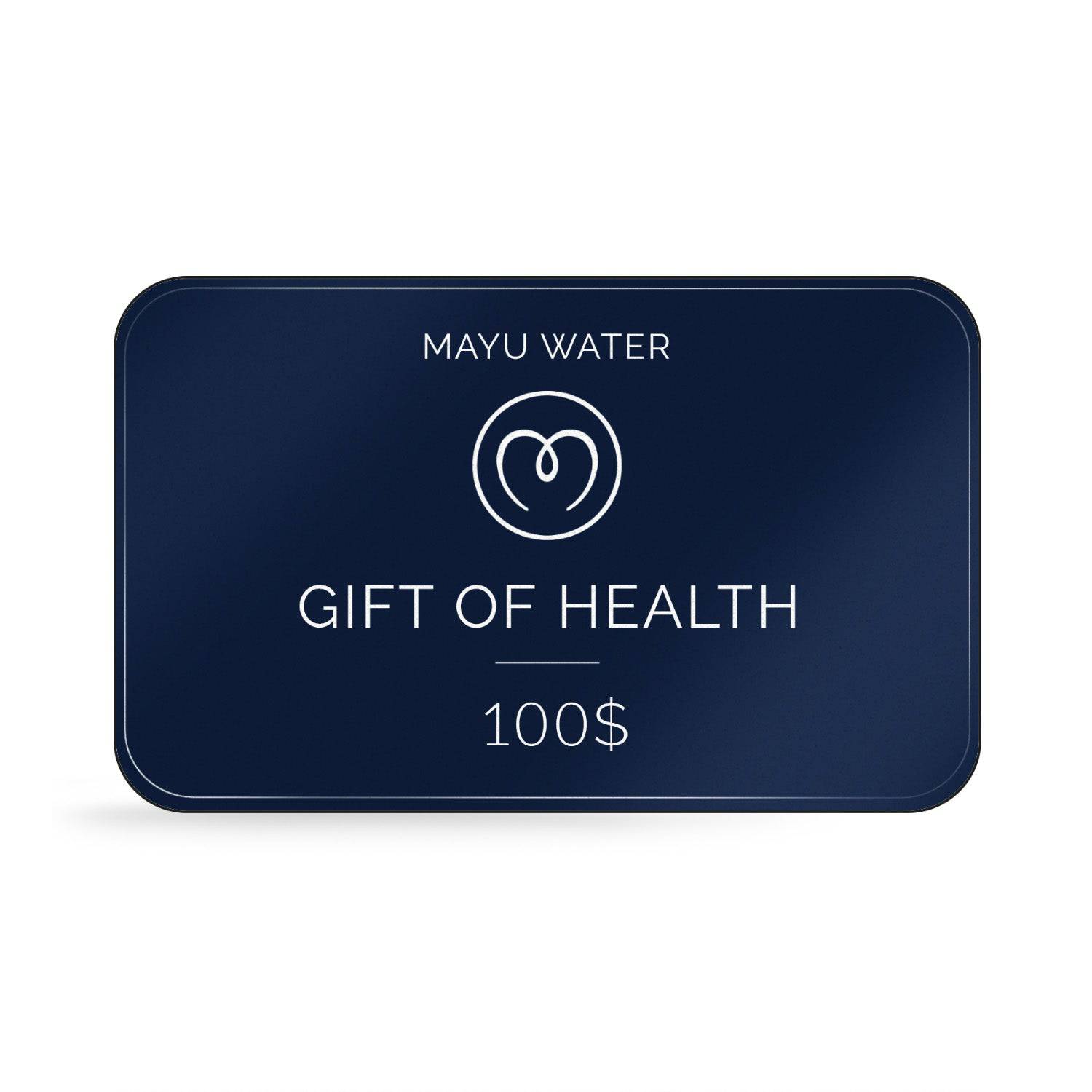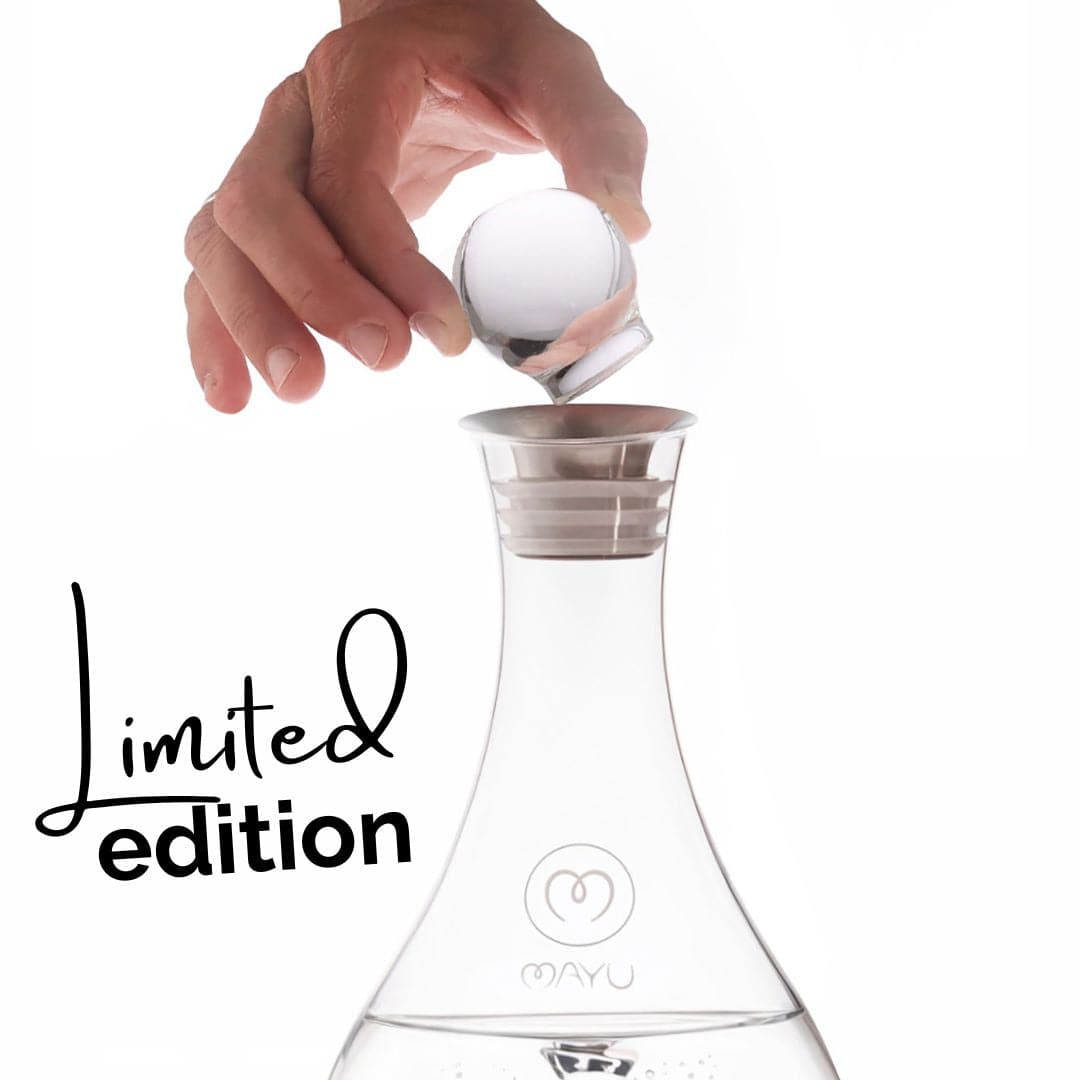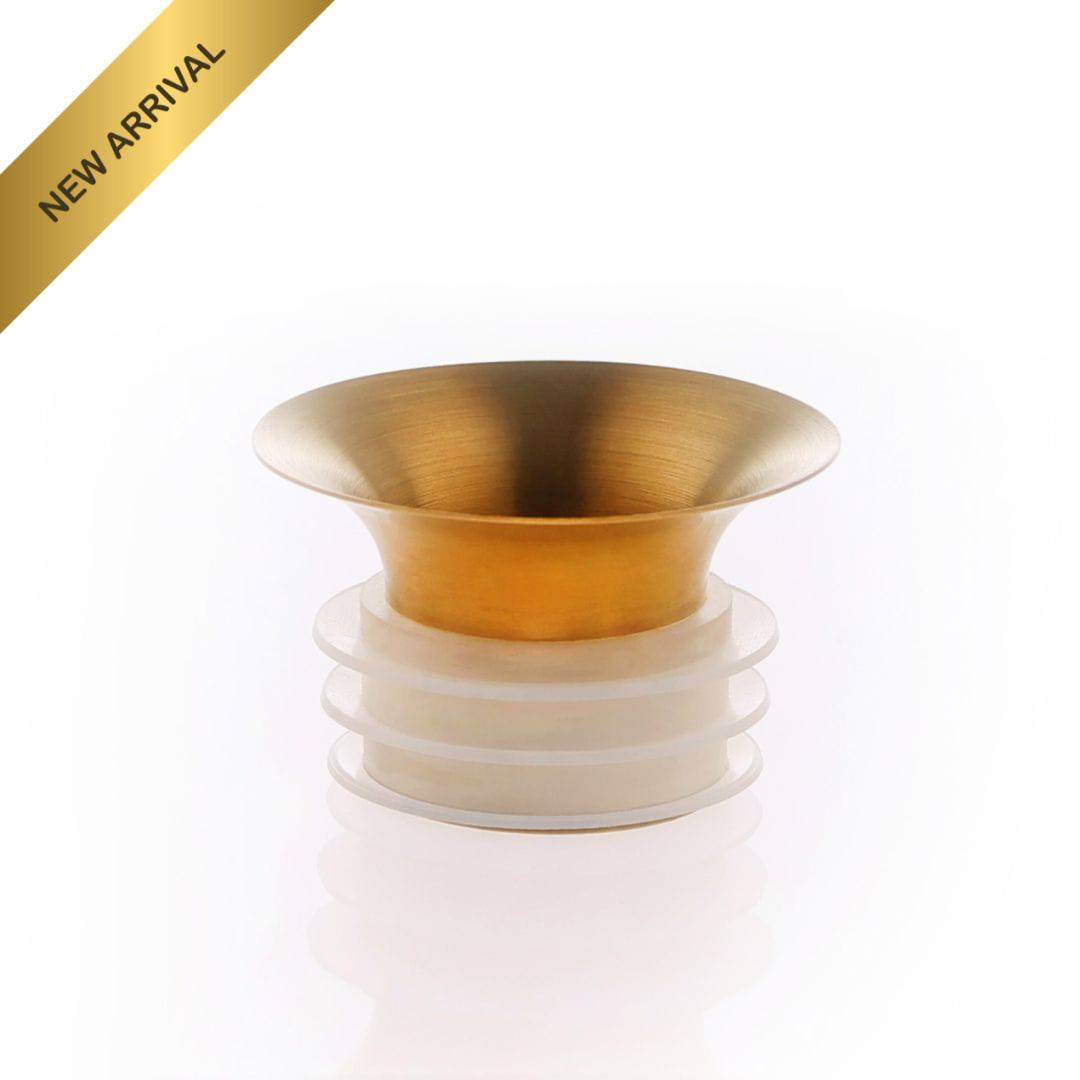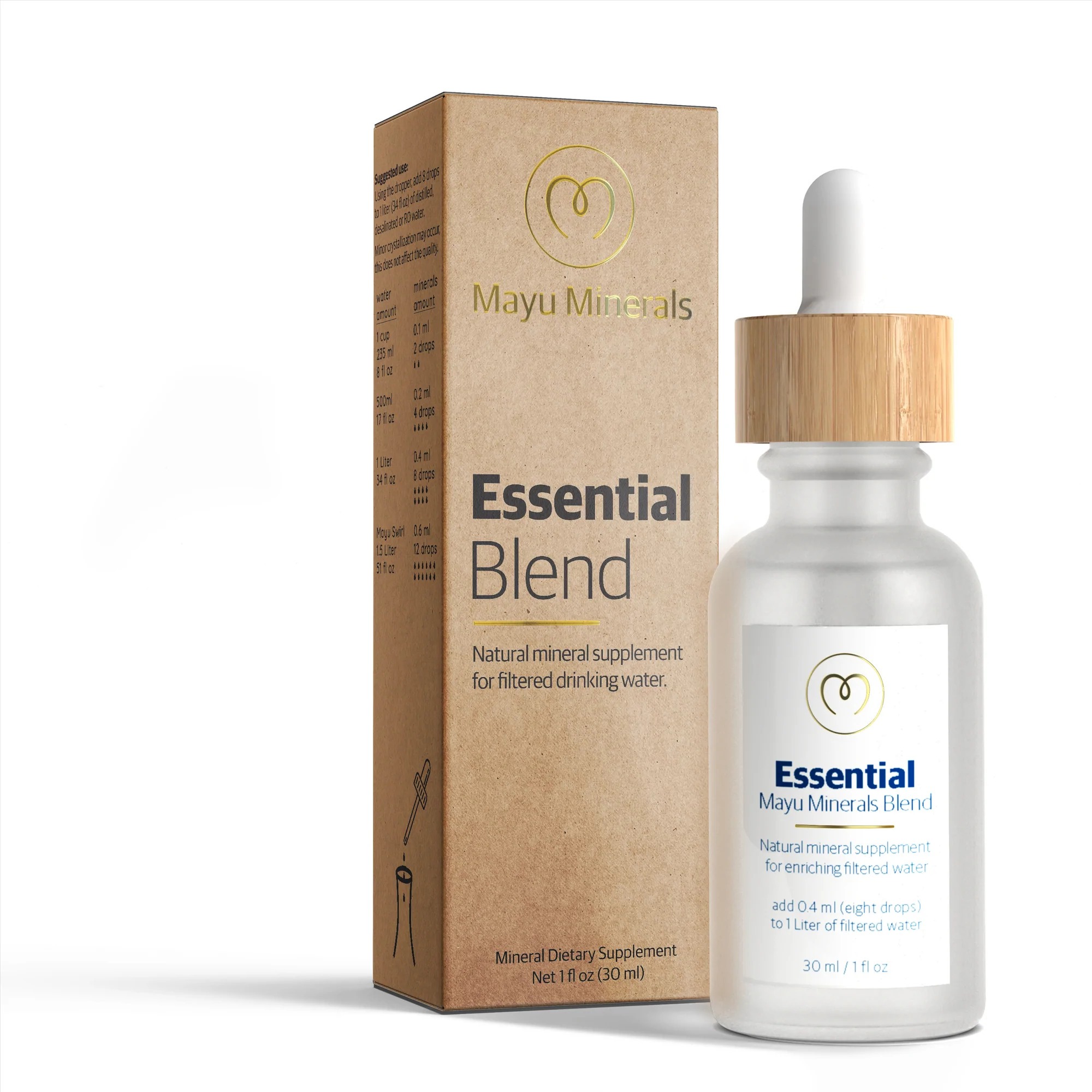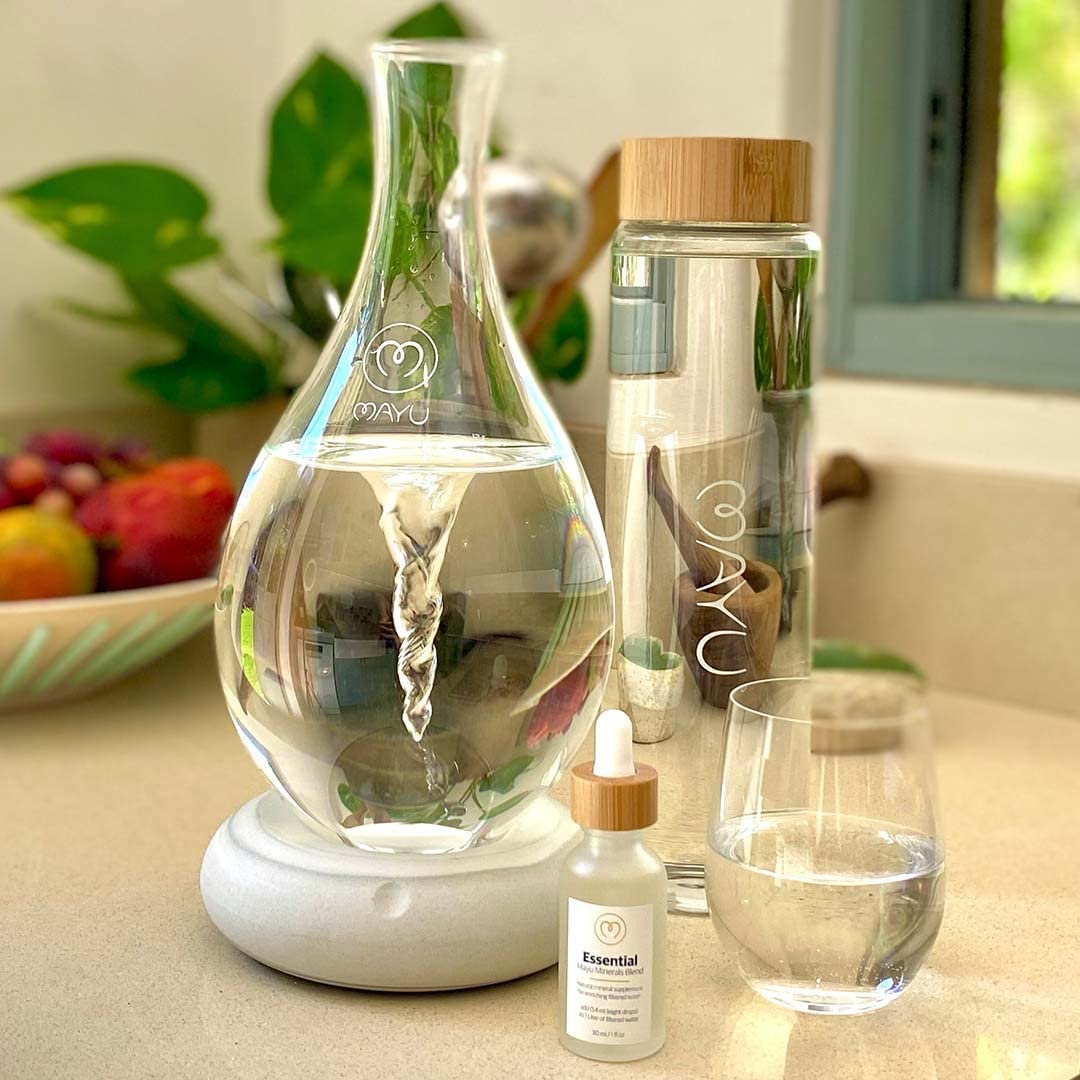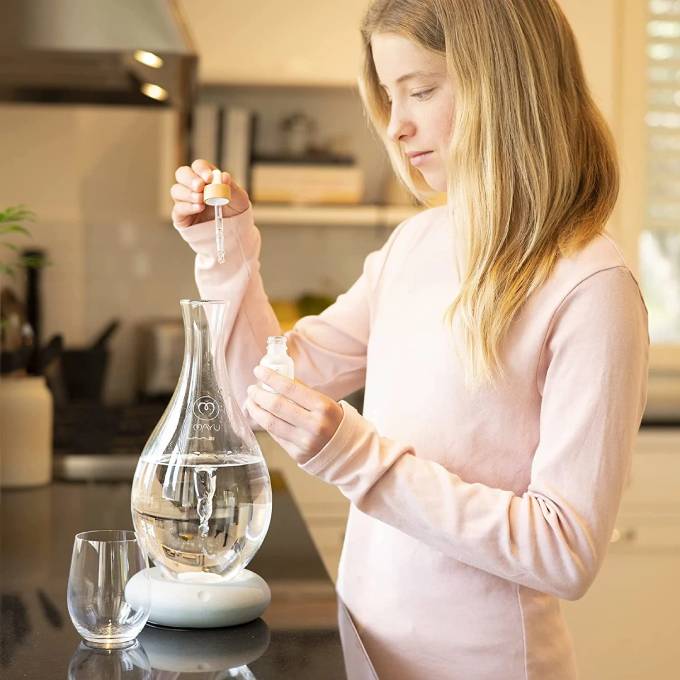Hydration or Hype: Is Smartwater Good for You?
Find out if Smartwater is the genius elixir it claims to be—or just clever marketing in a pretty package.
Published April 30, 2025.

Smartwater—glossy ads promise electrolytes for peak performance, vapor distillation for purity, and a crisp taste that “intelligent hydration” requires.
But when a bottle of water costs more than your morning latte, it’s hard not to wonder: Are you paying for science… or just branding?
Let's be honest. You shouldn't need to spend hours researching how to hydrate yourself. Yet here you are, bombarded with buzzwords like “electrolyte-infused,” “distilled,” etc. They make your regular old tap water sound unhealthy.
Before you stock your fridge with this designer water, let’s check the facts. Below, you'll see if the electrolytes in Smartwater really help improve your hydration levels.
» Infuse your water with essential minerals and stay hydrated
Smartwater Composition and Claims
Smartwater is a brand of water that undergoes distillation to remove impurities. Once that process is completed, the manufacturer remineralizes the water using magnesium, potassium, and calcium.
But, the label doesn't list the electrolyte content, which means that if it's there, you can only find it in traces. It also says that the electrolytes are there for added taste. So, this product isn't meant to be a rich source of minerals for your daily hydration needs.
» Find out how electrolytes reenergize you
Does Smartwater Hydrate Effectively?
We have no evidence that Smartwater hydrates better or faster than regular water. It has electrolytes, but in traces, which means you can't rely on it to provide the necessary amount for optimal hydration.
But the trace amounts of minerals in Smartwater don't mean that this water isn't good for you. Some research shows that drinking electrolyte-enhanced water every day can increase the body's capacity to retain liquids, improve exercise ability, and reduce exercise-related fatigue [1].
» Find out how to quickly replace your electrolytes after a workout
Health Benefits and Limitations of Smartwater
Here are a couple of potential Smartwater benefits for your health:
- Smartwater has a water product—Smartwater Alkaline with Antioxidant—that contains added selenium. This nutrient has antioxidant properties that could potentially support cellular health.
- The sodium content of all Smartwater products can prevent dehydration. This mineral is essential for osmosis, a process that moves water through a thin barrier (like a cell wall) from an area with more water to an area with less water.
- The vapor distillation that Smartwater goes through makes it safer to drink, and it has a crisp, fresh taste.
But, the primary trade-off with this water is that the synthetic added electrolytes may not be as readily bioavailable as the natural minerals found in other solutions, such as the ionic mineral drops by MAYU Water.
If you enhance your water with MAYU’s Essential Minerals Drops, which contain 75 ionic minerals and Micro-Elements, you'll get nutritional support and an immune system boost.
It has high bioavailability, which means that your body will be able to absorb more minerals through the bloodstream than if you just drink plain Smartwater.
What About Flavored and "Antioxidant" Varieties of Smartwater?
The flavored varieties of Smartwater are simply the standard product infused with flavors, which are most likely synthetically produced. But, it has no added sugar or calories, which may be good for you. You can drink it while on a fast, as it won't cause an insulin spike that breaks it.
The Smartwater Alkaline with Antioxidant we mentioned in the section above can also be beneficial for your health, as it has selenium. Research shows that this nutrient may reduce migraines and the risk of chronic conditions like heart disease [2].
Smartwater Alkaline with Antioxidant has 15% of the recommended daily dose of selenium. More than 400 micrograms daily daily can intoxicate you, causing side effects like:
- Hair loss
- Brittle nails
- Skin rashes
- Nausea
- Diarrhea
- Fatigue
- Irritability
- Nervous system abnormalities.
» Find out if proper hydration can prevent high blood pressure
How Much Smartwater Should You Drink Daily?
The appropriate daily dose of Smartwater is similar to any other type of water.
- Most adults should drink around 60 to 100 ounces of water daily.
- If you're an athlete or engage in intense exercise daily inside or outside of work, you'll need to drink more. According to health experts, this could be around an additional six to twelve ounces of fluid per 20 minutes of exercise.
» Check out the best times to drink water for optimal hydration
Is Smartwater Worth the Splash?
Smartwater’s clean taste makes it a fine choice, but you’re mostly paying for branding. For most people, tap water—filtered, if needed—with added electrolytes does the same job for pennies.
Want to level up? Add a few drops of MAYU Essential Minerals to Smartwater (or any water). It packs magnesium, zinc, and potassium—key nutrients lost in heavily filtered waters—without the fluff.
Bottom line: If you like Smartwater’s taste or convenience, go for it. But if you’re chasing real hydration, focus on consistency over marketing. Drink often, add minerals when needed, and save the cash for something that actually matters.
References:
- D.-H. Choi, J.-Y. Cho, J.-H. Koo, and T.-K. Kim, “Effects of Electrolyte Supplements on Body Water Homeostasis and Exercise Performance during Exhaustive Exercise,” Applied Sciences, vol. 11, no. 19, p. 9093, Sep. 2021, doi: 10.3390/app11199093. Available: https://www.mdpi.com/2076-3417/11/19/9093
- A. Talaie, H. Jafary, F. Faraji, and A. A. Malekirad, “The Serum Oxidative Stress Biomarkers and Selenium Levels in a Group of Migraine Patients Compared with Healthy Controls: a Case–Control Study,” Biological Trace Element Research, vol. 200, no. 10, pp. 4250–4255, Jan. 2022, doi: 10.1007/s12011-021-03024-2. Available: https://pubmed.ncbi.nlm.nih.gov/34985626/
Disclaimer: The information published by Mayu Water is not a substitute for the expert knowledge, advice, and recommendations of trained professionals. We strongly recommend consulting with industry experts and primary or scientific sources before making any health, research-related, or other important decisions.

